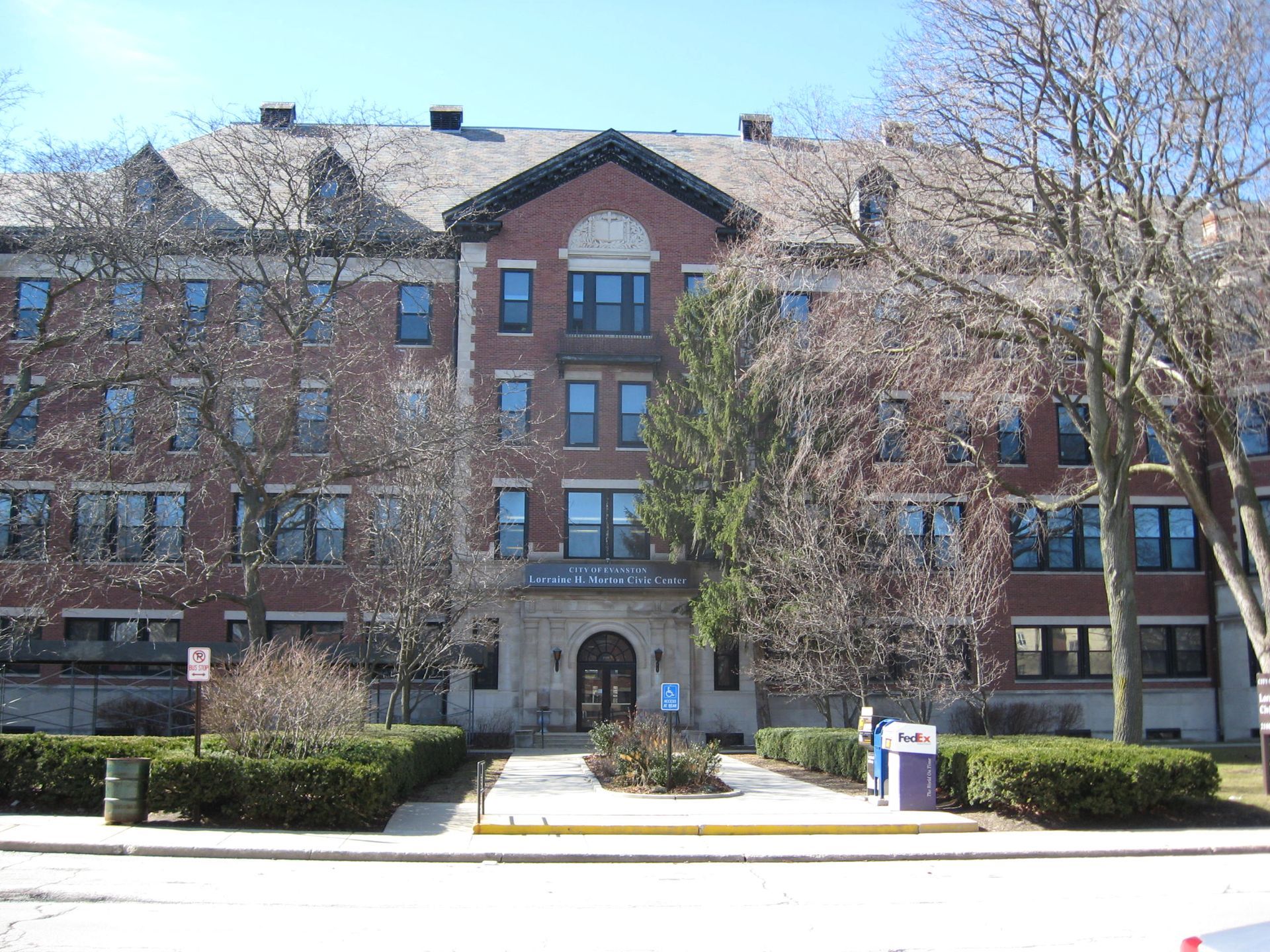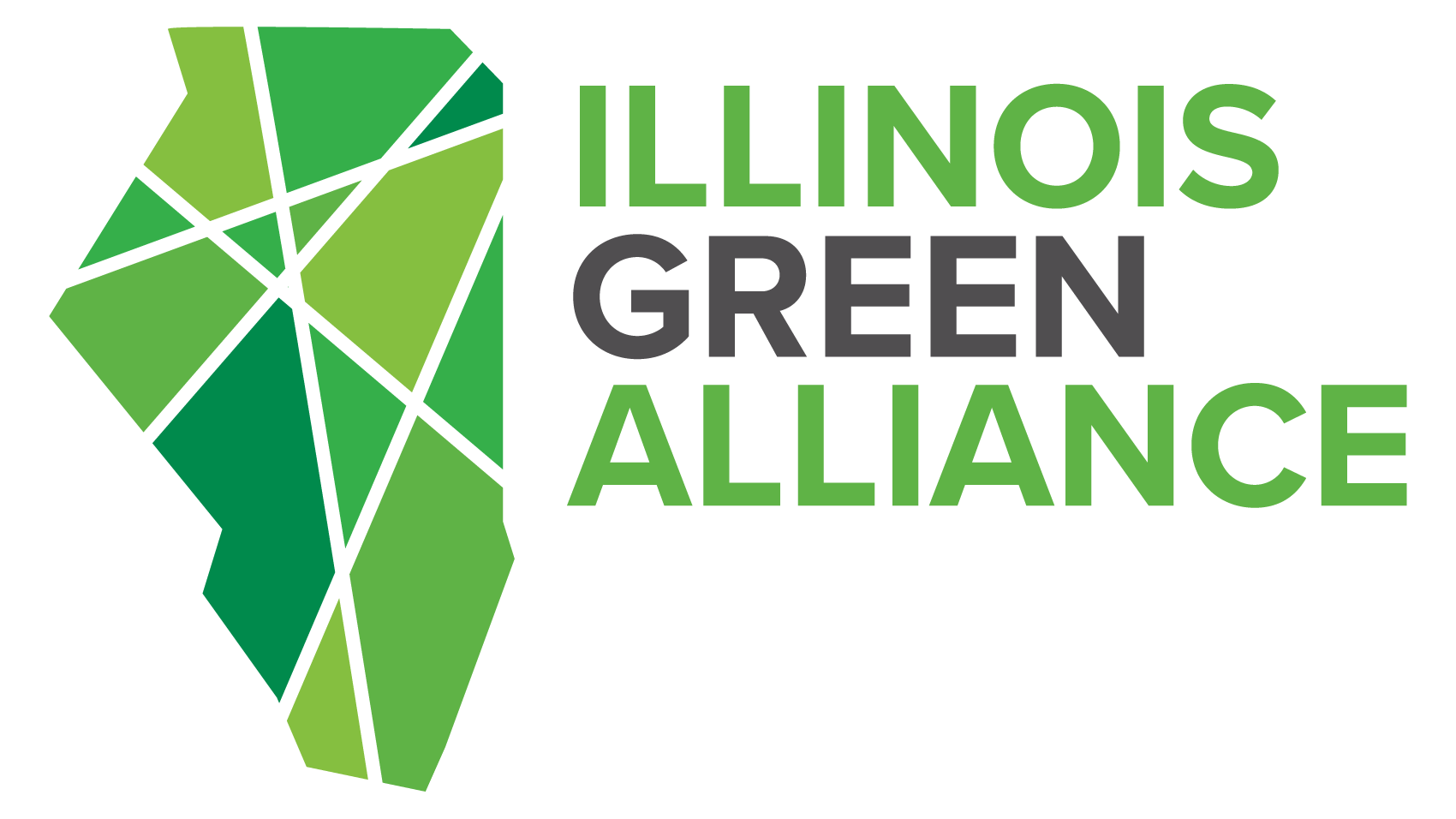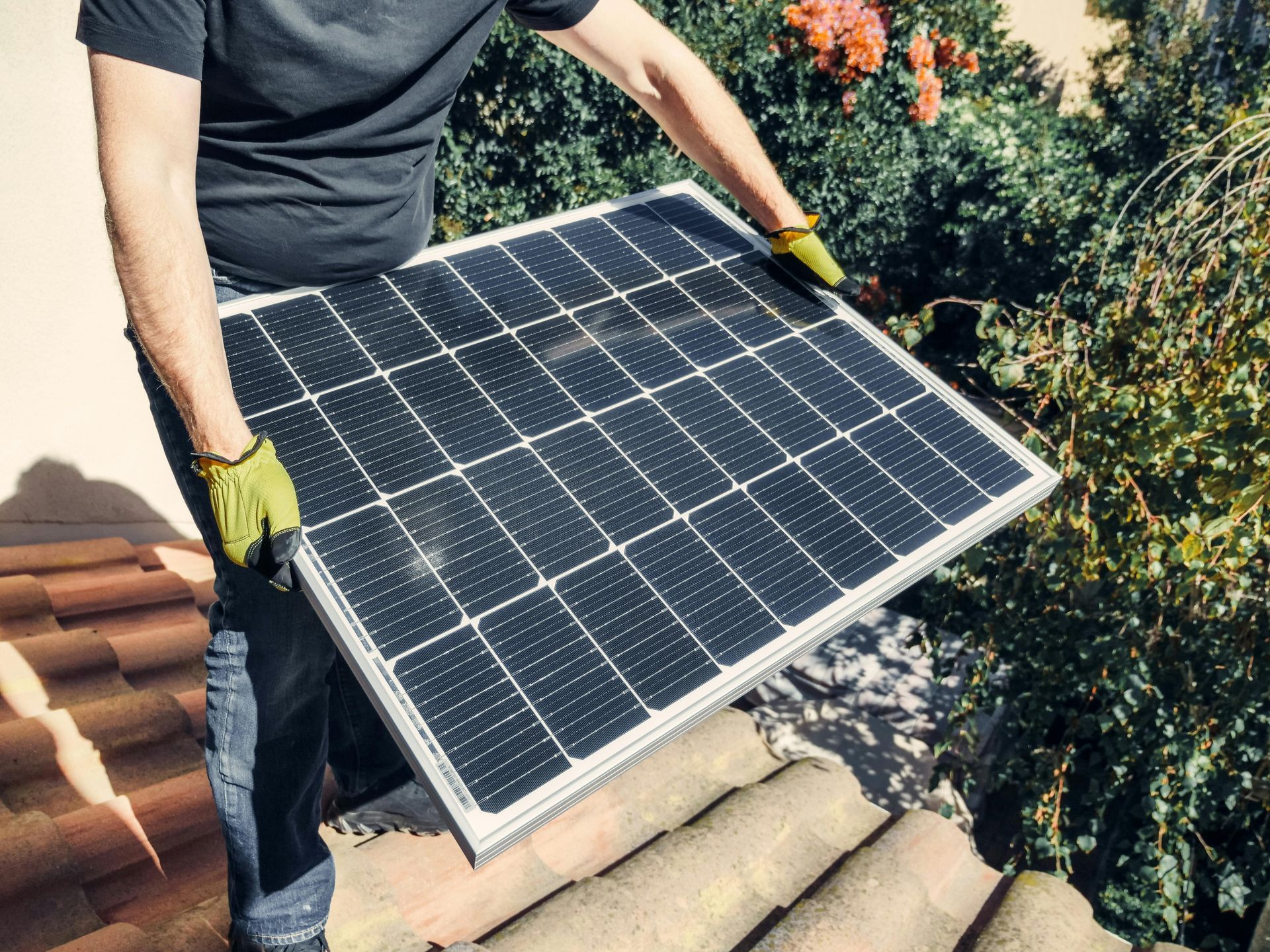Illinois Green Policy Update: March 2024
Energy Efficiency Progress Delayed
Challenges to the 2024 International Energy Conservation Code (IECC) may hamper Illinois’ ability to improve energy efficiency—even as the state makes moves to adopt high performance building standards.
Illinois has an obligation to adopt the latest version of the IECC, but some groups have lobbied the International Code Council(ICC) to weaken energy efficiency requirements. This follows the ICC’s decision to revamp their code development process, which gave outside interests a more prominent role. Now, opponents of the code have been allowed to submit appeals past the deadline and without proper examination of their merits.
These appeals have also halted progress on a major initiative from Illinois’ landmark Climate and Equitable Jobs Act (CEJA)—the development of Residential and Commercial Stretch Codes, which is keeping local communities from improving efficiency standards.
The delay stems from the stretch codes using the 2024 IECC draft as a reference. Illinois Capital Development Board members, worried that this link could lead to lawsuits, voted in February against approving the stretch codes. The state is required to have the stretch codes complete and ready for adoption by July 1, 2024, but the likelihood of meeting that deadline has become slim.
Research shows that the residential stretch code alone could save the state billions of dollars in energy costs while significantly reducing consumer utility bills. However, municipalities—who are currently waiting in limbo—are unable to provide these benefits to their communities until the Capital Development Board takes action and the stretch codes are approved.
Supporters of high efficiency codes can tell policymakers to approve the stretch codes without alteration or further delay by providing public comment, written or verbal, at the upcoming Capital Development Board Meeting on April 9. Contact Ryan Wilmington at rwilmington@illinoisgreenalliance.org for more information.
City Council to Hold Hearing on Clean and Affordable Buildings Ordinance
The Chicago City Council is set to hold its first public hearing this year on building decarbonization policy, including the Clean and Affordable Buildings Ordinance (CABO).
CABO, introduced by Mayor Brandon Johnson and co-sponsored by 11 members of City Council, aims to protect the city’s health, environment, and financial wellbeing by setting indoor air quality standards for new buildings, in part by banning appliances that emit large amounts of emissions.
Immediately after CABO’s introduction, a group of council members assigned the ordinance to the Rules Committee instead of allowing it to be debated in a Joint Environmental and Zoning Committee as it was initially intended.
The public hearing, taking place on April 3 at 9:30 AM, provides an opportunity to advance the ordinance after this delay. Advocates and detractors of CABO will testify in front of council members and be questioned on the merits of emmissions limits in new buildings.
The hearing is an opportunity to demonstrate that CABO is effective, commonsense policy for meeting the city’s climate goals and protecting residents.
Supporters of sustainable, healthy buildings are highly encouraged to show their support for CABO by attending the hearing. [RSVP Here]
Other Green building news
- Governor Pritzker announced his fiscal year 2025 budget, which includes tens of millions of dollars for building electrification and decarbonization. Many of these initiatives stem from the state’s Climate and Equitable Jobs Act (CEJA) and Federal Inflation Reduction Act (IRA). Take a deeper dive into the proposed programs and other state environmental funding here.
- The City of Chicago is currently in the process of soliciting community feedback to inform the 2024 update of its Sustainable Development Policy. This policy is meant to ensure that important projects in the city, like those receiving public assistance, are achieving the highest levels of sustainability possible. The Department of Planning and Development is collecting opinions from building experts, developers, and community leaders and we want to make sure Illinois Green Members have a seat at the table. Make your voice heard by filling out this short survey.
- Mayor Johnson introduced Marlene Hopkins as his pick for the new Department of Buildings Comissioner. Most recently, she was the Deputy Comissioner of the Department. City Council will likely vote on her confirmation next month.
In Other Sustainability News
- RTA: Three Years into the Infrastructure Investment and Jobs Act, Chicago’s Transit System is Winning Grants and Advancing Projects
- New York Times: Biden Administration Announces Rule Aimed at Expanding Electric Vehicles
- Chicago Sun-Times: Chicago Sues Five Giant Oil Companies, Accusing Them of Climate Change Distruction, Fraud
- The Verge: Dozens of Countries Pledge Support for Nuclear Power, Depsite Lingering Concerns




